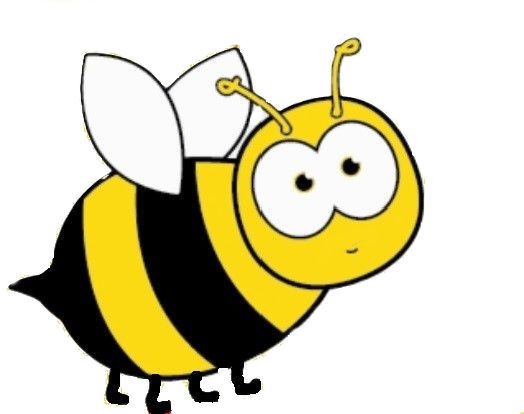Your self esteem
We are all the same.When we are born we are totally dependent on our care givers. 2000 years ago the Apostle Paul wrote to the Roman congregation about the issue. He referred to the moulding of our personality. In the Bible Book of Romans Chapter 12 verse 2 – 3 he said three things. He
